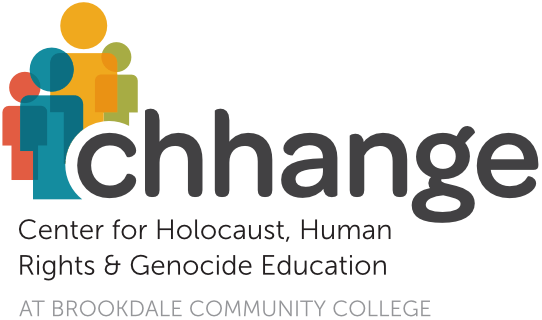Susan Diamond

I was born in 1947 in Kosice, Czechoslovakia. I lived there with my parents and younger sister, not far from where the atrocities had been committed, and among the people who witnessed the horrors. When I grew up, life on the surface seemed normal; it was not an unhappy life. We were fairly comfortable, and my parents never spoke about their experiences during the Holocaust. But underneath it all I always sensed something that I didn’t fully understand, a certain burden, some unexplained issues.
I was 19 when I immigrated to the United States. I went to college, and then I worked. My elderly parents followed me some years later. Soon after they arrived, I got married and started a family. My father enrolled in English as a Second Language program, and whenever he came home from class, we would ask him, Apu, what did you learn today? Replying, he would always start chanting with a smile, WE ARE HAPPY! WE ARE LUCKY!
They went on being “happy” and “lucky,” and said nothing about their ordeals during the war. I first found out what my father had gone through after my son interviewed him for a school project, and wrote about it in his essay, “My Grandfather, the Survivor.”
And the issues I had in Czechoslovakia seemed to continue here, unexplained, and burdensome. Then one day I came across a book review in the New York Times the subject of which was Second Generations of Holocaust Survivors. Suddenly things began to make sense. I was not alone and my issues were not because of Czechoslovakia. I was, and am, a Second Generation of Holocaust Survivors.
The Generations initiative has provided me with a most timely opportunity to realize what I’ve wanted to do for a long time. My parents are no longer with us, and unfortunately, as years go by, there are less and less Holocaust survivors among us who are able to share their stories. It is up to us, their children and grandchildren, to continue their legacy and to retell their story in the spirit of Tikun Olam—repairing the World.
